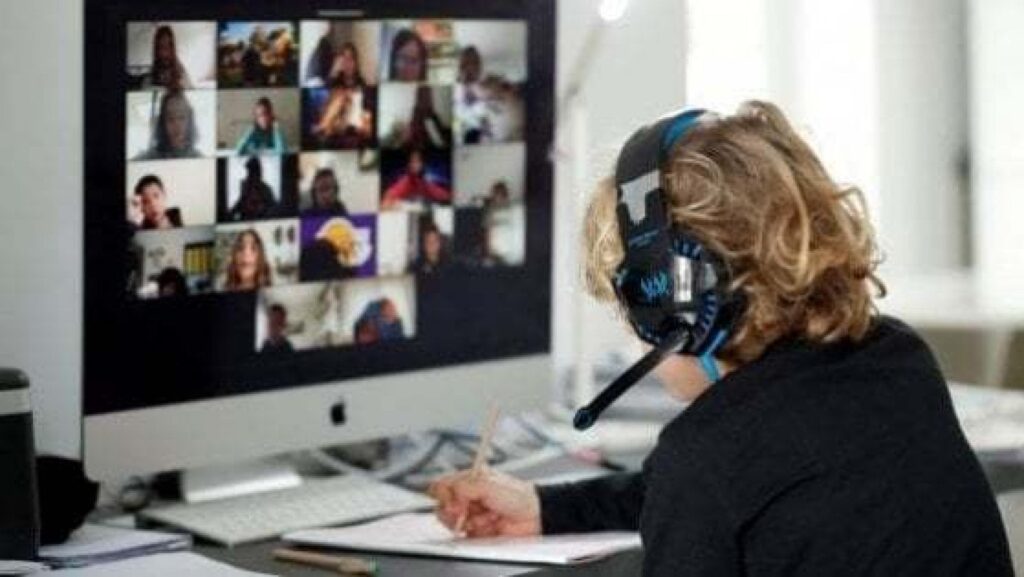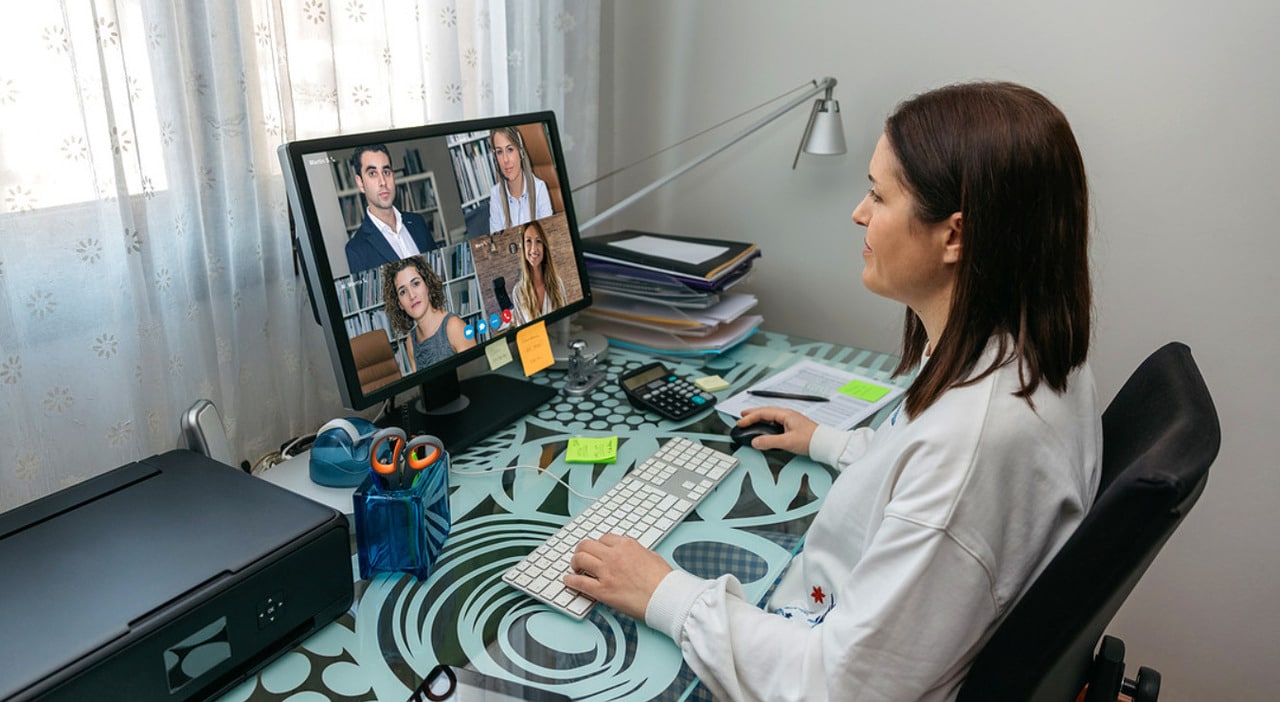The House of Representatives has just approved the majority motion on the conditions that determine the so-called “agile work” present in the decree on return in presence from October 15. Among the various regulations, the option of tight control over the performance of employees in smart working, which will be evaluated through real ones report cards keeping various aspects in consideration, from productivity up to reaching the objectives achieved.
The report cards for smart workers will come into force starting next January 31, the date on which public administrations will have to prepare the new Integrated plans of activity and organization, in which the criteria on the basis of which to evaluate the performance of employees will be established. Of course, the success of an operation of this kind will strongly depend on the type of checks that will be carried out on employees.
The basic idea seems to be to propose an idea of structured and not improvised smart working, as it seems to have happened during the first months of the pandemic, with monitoring and discipline as cornerstones of the entire work structure. As if that were not enough, the new report cards for public employees employed remotely should also have a weight citizens’ judgment, whose level of user satisfaction should be measured through specific tools.
Smart Working: public administration like Black Mirror? Here are the report cards for employees

Given that the deadline for the definition of what will then be the definitive criteria How this evaluation will work in practice is still a long way off, at the moment it is difficult to get a precise idea of the impact this may have on public employees.
The sure thing is that already you can already see several ways in which this initiative can drift once introduced, especially when so much evaluative power is placed in the hands of the final consumers of a service, whose opinion could easily be tainted by some endemic conditions and not by the worker in the strict sense.
Failure in the report card? The punishment is the return to the office
As we said, the criteria have not yet been written, but the bill provides that the latter vary according to the service provided, but with a common background idea. the lowering of the quality of the public service provided in smart working will immediately trigger the return in presence.
Among the clauses foreseen in the new contracts of public employees, he emphasizes the drafting of Open, like that of the Central Functions that he currently sees Aran in negotiations with the trade unions, there is also the one that establishes «the possible call of the employee to the office for unexpected service needs with a notice of only 24 hours». It is funny in all this that the return to the office is seen as the final punishment, and in fact several critical voices have already been raised on the issue.

According to what is reported in the latest analysis of the Observatory on smart working of the School of management of the Politecnico di Milano, there are around 4 million public and private employees in all who currently work from home. The survey highlights above all that for less than half of the workers, both public and private, or 39% per cent, smart working has translated into an improvement in the quality of life. Smart workers who claimed to have remotely increased their efficiency were 38%.
In short, it is undeniable that the pandemic has triggered a significant change in the way people approach work, and reducing everything to report cards that measure goals and productivity may not be the right way to address the issue. All that remains is to wait for January to find out how the situation will evolve.















Leave a Reply
View Comments